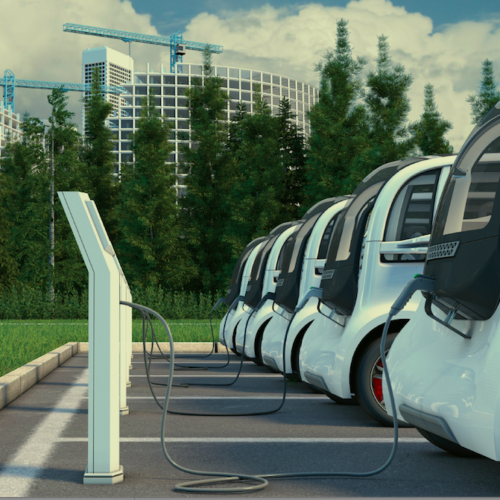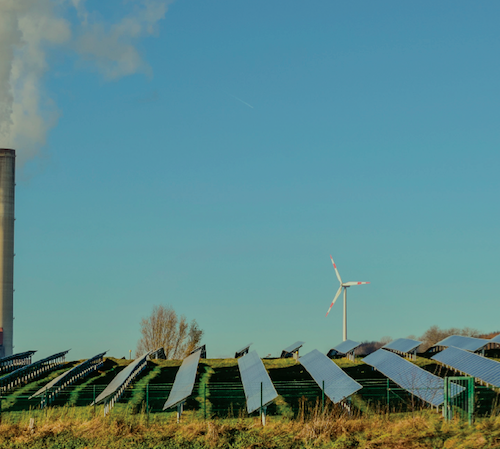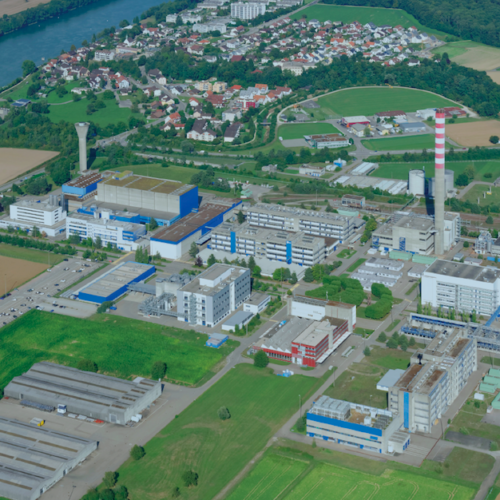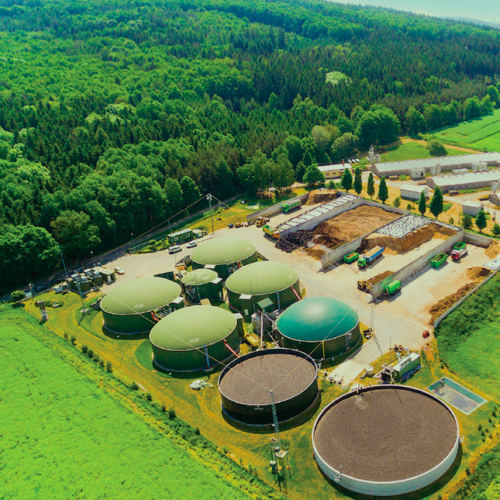More efficient buildings provide multiple benefits including lower emissions, greater comfort, improved health, and lower ongoing costs.
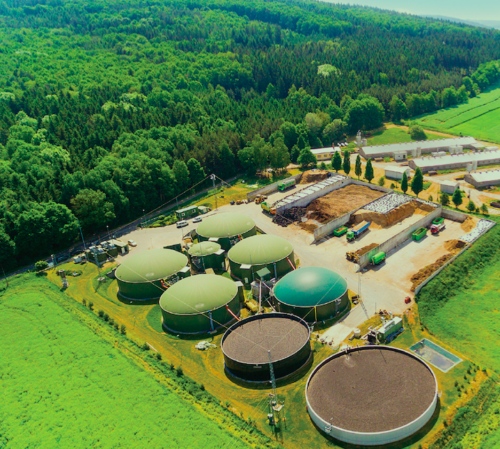
Book | 2018
The Carbon-Free Region Handbook: Waste
Waste management is part of the basic infrastructure of a community. How waste is managed has huge implications on local health, aesthetics, and economics.
Waste can create health problems, release methane into the atmosphere, and increase pollution when not managed properly. Waste management usually extends across municipal boundaries, making it an important topic for regional governments to address. The recommendations in this section can reduce greenhouse gases while also creating economic opportunities.
Action 24: Organic Waste Diversion
Description
Develop policies and programs to divert organic waste from landfills, including separate collection requirements, education campaigns, financial incentives for food redistribution, and disincentives for generating food waste.
Action Documents
- Wales Waste Measure 2010
- Municipal Sector Plan Part 1: Towards Zero Waste One Wales: One Planet
- Vermont Universal Recycling Law Act 148
Recommended Resources
- Global Food Waste Management: An Implementation Guide for Cities, World Biogas Association and C40 Cities Climate Leadership Group, 2018
- On the Road to Zero Waste: Successes and Lessons From Around the World, GAIA, 2012
- A Roadmap to Reduce US Food Waste by 20 Percent, ReFED, 2016
- ReFED US Food Waste Policy Finder
- Keeping Food Out of the Landfill: Policy Ideas for States and Localities, Harvard Food Law and Policy Clinic, 2016
- Towards Zero Waste: One Wales, One Planet
- South Australia’s Waste Strategy 2015–2020
- Moving Food Waste Forward: Policy Recommendations for Next Steps in Massachusetts, Harvard Law School Food and Policy Clinic, 2017
- Massachusetts Food Policy Council White Paper on Food Waste Reduction, 2017
- Waste Atlas with visualizations on organic percent of waste by country

Wales waste strategies have been built around sustainable development, now bolstered by our ground-breaking Wellbeing of Future Generations Act. Wales is leading by example.
‐Lesley Griffiths, Cabinet Secretary for Energy, Planning, and Rural Affairs, Wales, UK
Action 25: Open Burn Ban
Description
Ban open burning of municipal waste and support the ban with education and upgrading waste collection, sorting, and treatment. Ban burning of agricultural waste and support the ban with education and financing for sustainable farming techniques.
Action Documents
- Solid Waste Law of the State of Colima, Article 25 banning open burning (in Spanish)
- Guidelines for the Implementation of the ASEAN Policy on Zero Burning, The Association of Southeast Asian Nations Secretariat, 2003
- Air Pollution Control (Open Burning) Regulation, Hong Kong
- Laws of Malaysia, Act 127, Environmental Quality Act
Recommended Resources
- A Guide to the Air Pollution Control (Open Burning) Regulation, Hong Kong
- Open Burning of Waste: A Global Health Disaster, R20 Regions of Climate Action, 2016
- Open Burning Project website
- Fire in the Fields: Moving Beyond the Damage of Open Agricultural Burning on Communities, Soil, and the Cryosphere, Climate & Clean Air Coalition, 2015
- UNEP Integrated Assessment of Black Carbon and Tropospheric Ozone
Action 26: Waste Energy Capture
Description
Require the installation and proper operation of gas collection and control systems at active, inactive, and closed municipal solid waste landfills. Promote gas to energy recovery to produce steam or electricity.
Action Documents
- Navajo Nation Long Range Comprehensive Solid Waste Management Plan
- Ontario guidelines on the regulatory and approval requirements for landfill gas
- Final Landfill Methane Control Measure, California Air Resources Board, 2010
Recommended Resources
- Implementation Guidance Document: For the Regulation to Reduce Methane Emissions from Municipal Solar Waste Landfills, California Air Resources Board, 2016
- Landfill Gas Energy Project Development Handbook, US Environmental Protection Agency, 2017
- Financing Landfill Gas Projects in Developing Countries, Claire Markgraf and Silpa Kaza, 2016
- Climate and Clean Air Coalition Tools and Resources and waste initiative
Get More Action Docs
Browse Additional Recommendations by Sector
Regional governments can enable cities to invest in better mobility options, lowering emissions while increasing mobility choices and improving health.
Ensuring that our electricity comes from renewable or zero emission sources is critical to a cleaner and more resilient future.
Regional governments provide the right scale to support industry—the foundation of many regional economies—in transitioning to low-carbon solutions.
Sustainable and regenerative agriculture, forestry, and other land use can help offset some of the large emission impacts that this sector produces.
Managing waste in a sustainable manner can reduce greenhouse gas emissions while also creating economic opportunities.
Regional governments can organize and deliver financial solutions to enable all the recommendations covered in the Handbook.

Engage with Us
Take action today and set your community on an ambitious course to carbon-neutrality bringing economic vitality, cleaner air, and better health and resilience.
 Developed in partnership with the Under2 Coalition
Developed in partnership with the Under2 Coalition 

